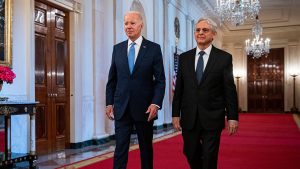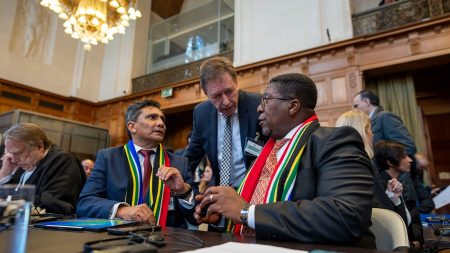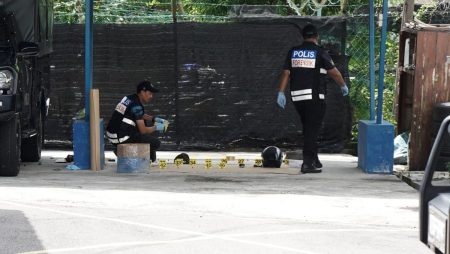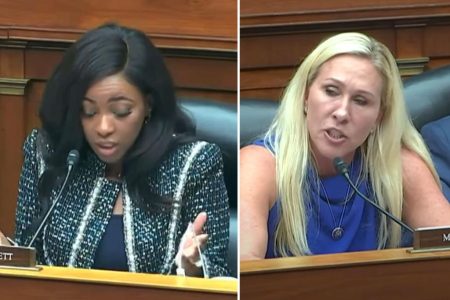Colombian President Gustavo Petro announced the breaking of diplomatic relations with Israel due to the conflict between Israel and Hamas. Petro has criticized Israel for its actions in Gaza, calling it “genocide” and suspending purchases of weapons from Israel. He compared Israel’s actions to those of Nazi Germany, leading to escalating tensions between the two countries. Despite historically close relations, the relationship between Colombia and Israel has cooled since Petro’s election as Colombia’s first leftist president in 2022.
Petro’s decision to break diplomatic relations with Israel was announced during an International Workers’ Day march in Bogota, where he referred to Israel’s president as “genocidal.” Israel’s Foreign Minister Israel Katz quickly responded, condemning Petro’s comments and accusing him of siding with “despicable monsters.” Despite the criticism, Petro remains firm in his stance and commitment to support Palestine, stating, “If Palestine dies, humanity dies, and we are not going to let it die.” Israel has vowed to continue defending its citizens without fear.
Colombia has a history of close military ties with Israel, using Israeli-built warplanes and machine guns to combat drug cartels and rebel groups. The relationship between the two countries deepened in the late 1980s when Colombia purchased Kfir fighter jets, which were used in attacks on guerrilla camps of the Revolutionary Armed Forces of Colombia. These attacks played a significant role in pushing the group into peace talks and eventual disarmament in 2016. Despite these military ties, Petro’s administration has taken a strong stance against Israel’s actions in Gaza.
The decision to break diplomatic relations with Israel marks a significant shift in Colombia’s foreign policy, particularly in relation to its stance on the Israel-Palestine conflict. The move reflects Petro’s commitment to standing against what he perceives as injustice and genocide in Gaza. As tensions between the two countries continue to escalate, Colombia’s decision to sever diplomatic ties with Israel may have broader implications for the region and international relations. Additionally, Petro’s actions highlight the complexities of navigating foreign policy in a global context where human rights and international conflicts are deeply intertwined.
The break in diplomatic relations with Israel comes at a time when Petro is also promoting health care, pension, and labor reforms in Colombia. His participation in the International Workers’ Day march underscores his commitment to social justice and reform within the country. While Petro faces criticism for his stance on Israel, he remains steadfast in his beliefs and commitment to defending human rights. The consequences of Colombia’s decision to distance itself from Israel are yet to be fully understood, but Petro’s actions reflect a broader trend of increasing scrutiny and condemnation of Israel’s actions in Gaza on the international stage.















